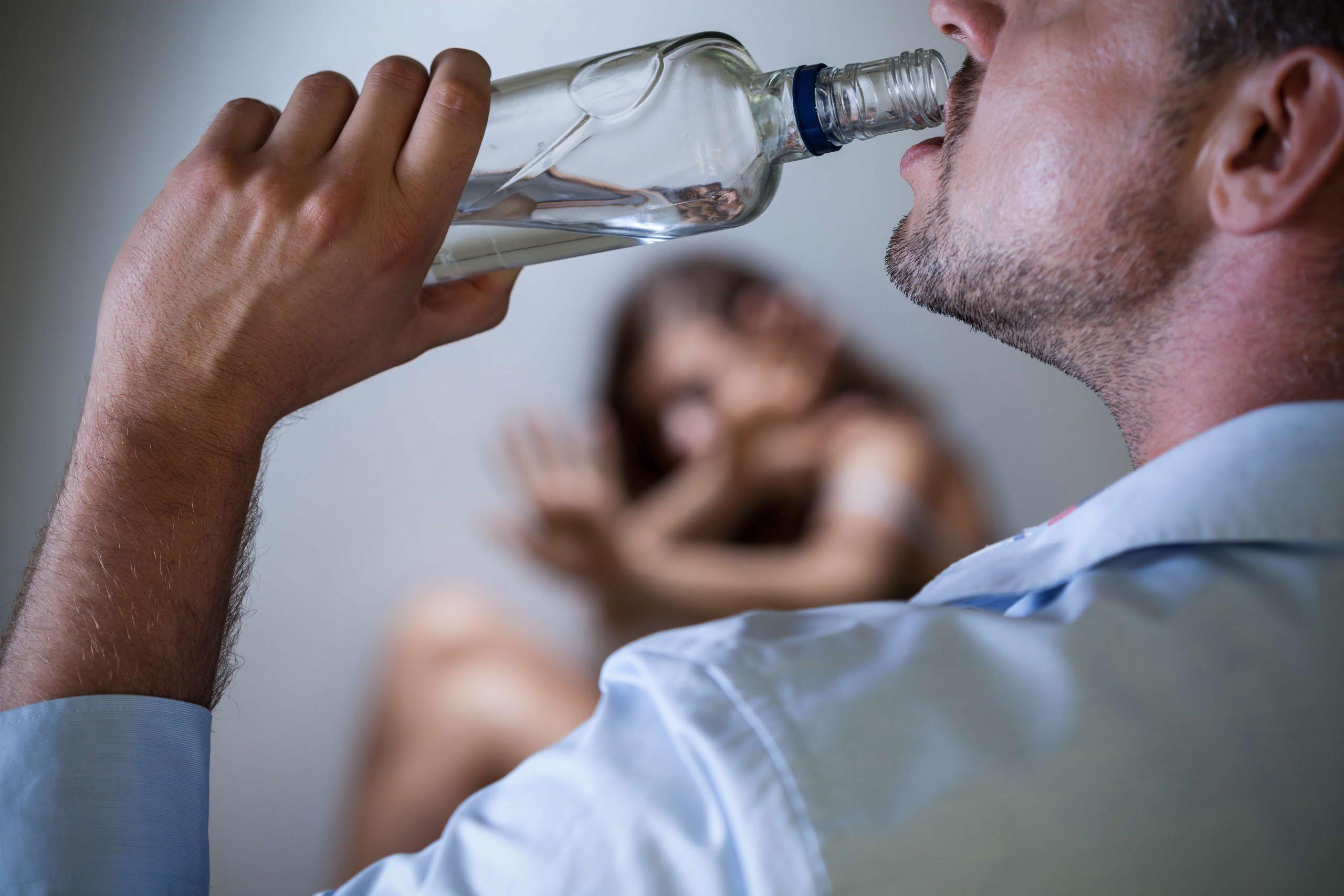All states have stricter DUI laws for drivers who under under the age of 21. DUI offenders will often have to complete a term of probation after serving a minimum number of days in jail. (Also, in some cases, the judge will order probation without requiring any jail consequences of drinking and driving time.) During probation, the offender generally must obey all laws and may have to complete other requirements such as a substance abuse treatment program. If you choose to drink, consider public transport, rideshare, or organising a friend to be designated driver.

Moreover, consistent dehydration can cause lasting damage to these sensitive areas. This makes it more difficult for your body to fight off infections, https://ecosoberhouse.com/ including the common cold and flu, as well as pneumonia and tuberculosis. This can result in pancreatitis (inflammation and swelling of the pancreas).
Physical effects of alcohol in your body
In addition, a significant number of sexual assaults involve alcohol use. Drinking drivers are less likely to wear safety belts, and the higher the BAC of a fatally injured driver, the less likely he or she was to have been wearing a safety belt. Failure to wear safety belts increases the risk of injury or death in fatal crashes. Fatal crash risk was at least 11 times higher for drivers with BACs of 0.08 percent, the legal limit for intoxication in most States, than for drivers with zero BACs. Fatal crash risk was 52 times higher for male drivers ages 16 to 20 with BACs of 0.08 percent, compared with zero-BAC drivers of the same age.
Depending on the circumstances, the driver might have to complete inpatient or outpatient substance abuse treatment or just an educational course on substance abuse. In DUI cases, a key factor is also where the driver was operating the vehicle. The DUI laws of some states apply only on public highways, while other states prohibit impaired driving on public and private property.
What Is a DUI?
To ensure your rights are protected, it’s always a good idea to talk with a qualified DUI attorney about your situation. But in many states, a third or subsequent DUI or a DUI involving personal injury or death can be charged as a felony. Felony DUIs generally carry more expensive fines than misdemeanors (sometimes, well up into the thousands) and months or years in prison (which typically includes mandatory minimums). Also, a felony conviction looks bad on your record and will often affect your employment and education opportunities. In many states, an impaired driving conviction requires the offender to complete an alcohol and drug evaluation, the results of which can be used by the judge to decide whether treatment is appropriate.
Because the average age of respondents in the survey was 44, these findings indicate that those who start drinking at an early age are more likely to be in alcohol-related motor vehicle crashes during both adolescence and adulthood. Forty-nine States have laws requiring front seat motor vehicle occupants to wear safety belts. In 31 States, police can only give citations for failure to wear safety belts if a vehicle is stopped for another moving violation (i.e., secondary enforcement). Eighteen States have primary enforcement laws that allow police to stop vehicles and give citations when a motor vehicle occupant is not belted. On average, at least 11 percent more motorists wear safety belts in States with primary safety belt laws (i.e., 80 percent compared with 69 percent in other States) (NHTSA 2003c). One study in California found that when the State changed from a secondary to a primary law, the largest percentage increases in safety belt use, nearly 40 percent, were among motorists who were driving after drinking (Lange and Voas 1998).
How Long DUIs Stay on Your Record and Count as Priors
The penalties that accompany a DUI conviction vary from state to state. Any crime committed either qualifies as an infraction, a misdemeanor or a felony, with infractions being the least serious crimes and felonies being the most serious. In all 50 states, driving under the influence is considered a misdemeanor or a felony offense.
